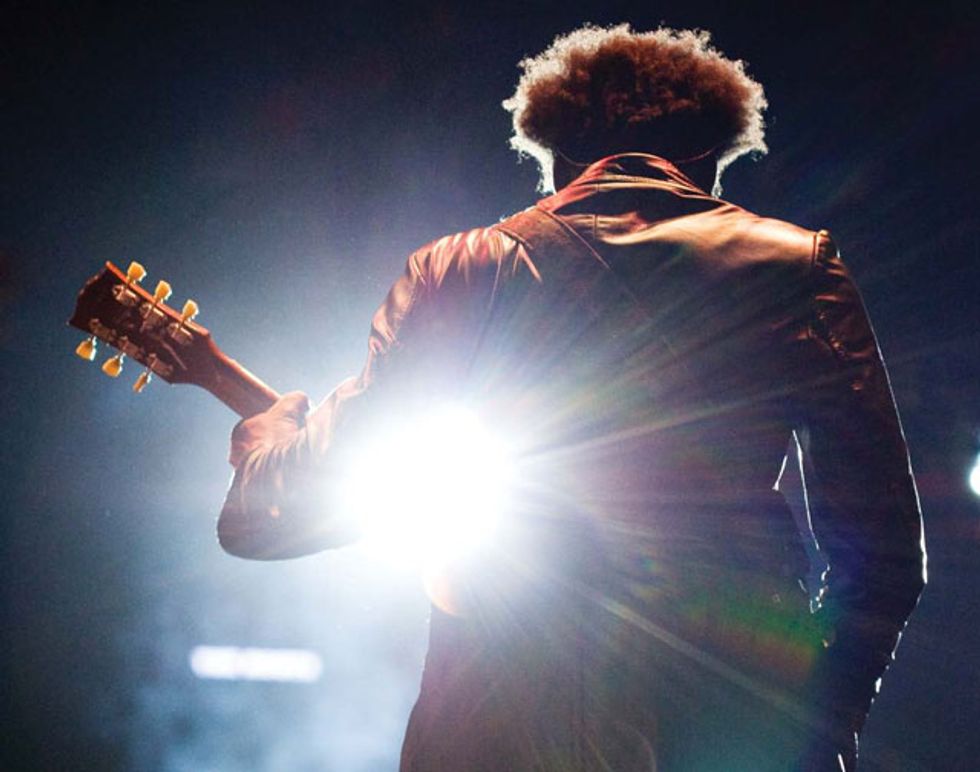 Photo By Sol Allen
Photo By Sol AllenSeeing neo-soul band the Roots on tour is entirely different from what you see during their main gig as the house band for Late Night with Jimmy Fallon or when they’re collaborating with pop titans like John Legend. Performing live as a stand-alone entity, the eight-member outfit led by famed producer Questlove (drums/vocals), Black Thought (MC), and guitarist “Captain” Kirk Douglas shows mad diversity—everything from schizophrenic jazz stylings to deep, hip-hop-tinged grooves, strutting funk, and ripping rock jams. It’s safe to say the Roots could solidly back virtually any act, given that they’ve done so for everyone from Jay-Z to Bruce Springsteen, Paul Simon, Elvis Costello, and Fall Out Boy. Needless to say, the group possesses a dynamism that few can match, and over the course of their career they’ve managed to evolve while still playing from the heart and remaining true to the music that inspires them. And that’s why the Roots is largely responsible for both a renaissance in, and a major re-imagining of, soul music.
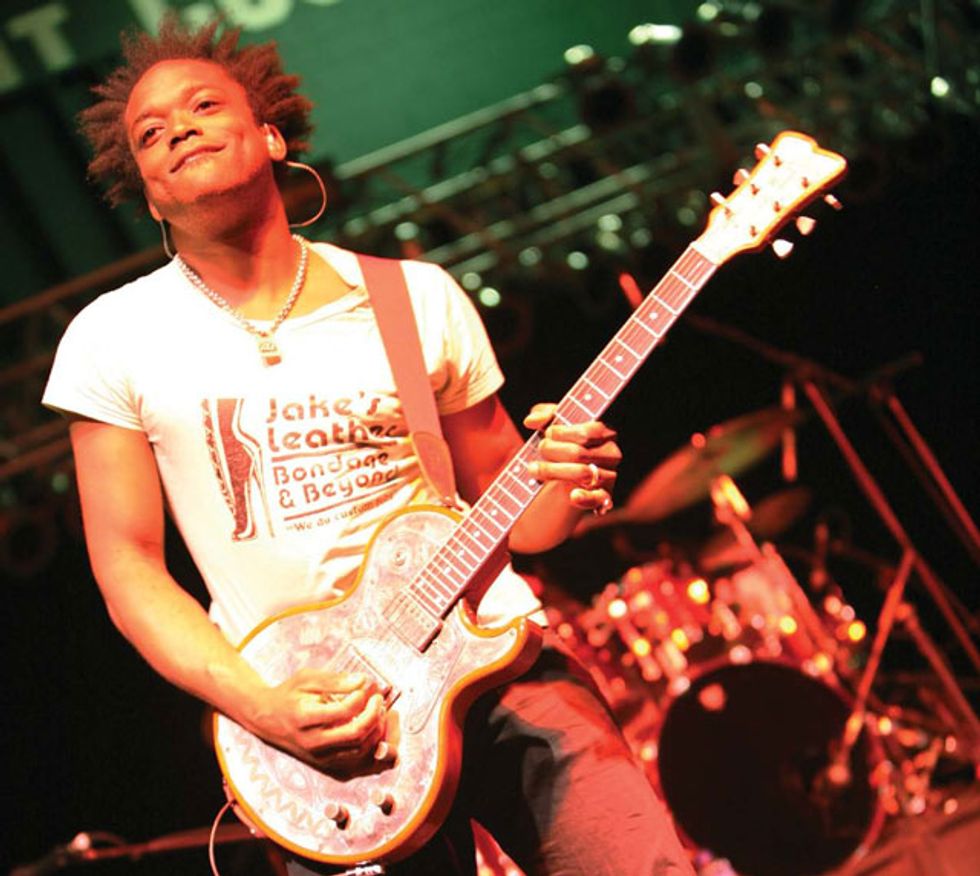 Kirk Douglas, looking
happy during the
University of Vermont’s
Springfest 2011.
Despite losing partial
power, the Roots
packed the school’s
gymnasium. Photo by
Jennifer Murtha
Kirk Douglas, looking
happy during the
University of Vermont’s
Springfest 2011.
Despite losing partial
power, the Roots
packed the school’s
gymnasium. Photo by
Jennifer MurthaJust as you’d expect from such a diverse band, each member of the Roots has kaleidoscopic musical interests. As a budding preteen guitarist growing up in New York, Douglas was simultaneously influenced by funk forefathers like James Brown and rock icons like Kiss and Van Halen. The self-professed Led Zeppelin devotee rocks a prototype of a Jimmy Page signature Les Paul—same relic’ing and all. Douglas performed with the Dave Matthews Band prior to joining the Roots permanently in 2002. Apart from the Roots, he plays in a very different vein with his side project, Hundred Watt Heart.
Douglas is a hard player to explain— though in the best way, because you can’t pigeonhole him. His role in the Roots takes him from picking über-nuanced, barely there background riffs to cranking out fiery, 10-minute jams and incredible call-and-response solos where he scats phrases into the mic and then mimics them on guitar.
Between rehearsal sets for a performance backing Johnny Gill on Fallon, Douglas recently chatted with Premier Guitar about the Roots’ first concept album, Undun, his more rocking Hundred Watt Heart repertoire, and what it’s like to be a cutting-edge funk revivalist with serious chops.
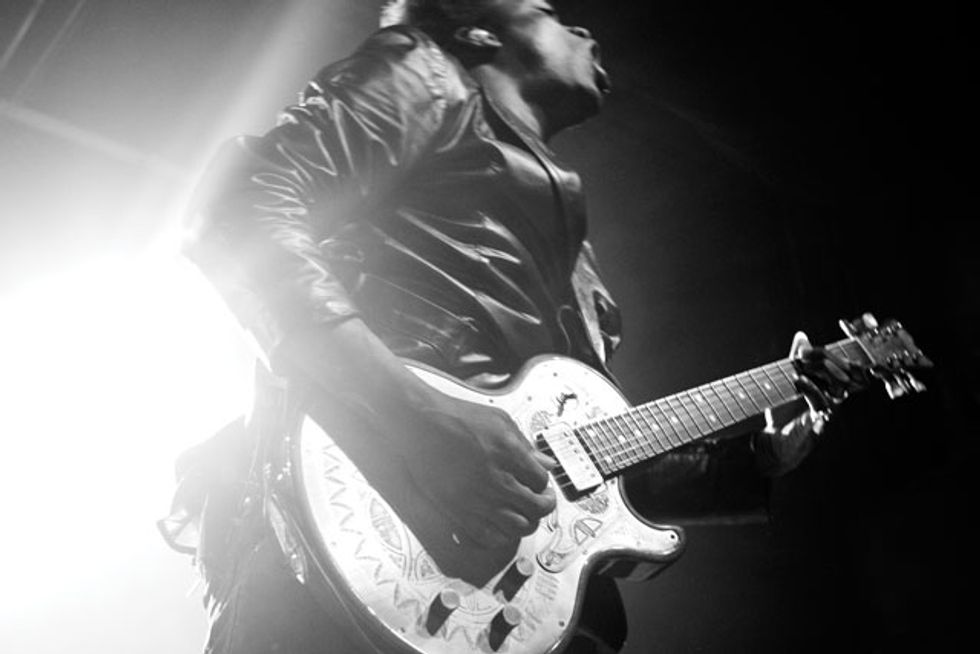 Douglas channels
the funk at the
Marquee Theatre in
Tempe, Arizona, in
October 2008.
Photo by Sol Allen
Douglas channels
the funk at the
Marquee Theatre in
Tempe, Arizona, in
October 2008.
Photo by Sol AllenHow did you first get into playing guitar?
I had a close friend in the second grade
whose older brother was into a lot of
heavy music, a lot of rock ’n’ roll. A lot
of Kiss and Van Halen. I guess I was
attracted to that because, when you’re 7
or 8, you’re interested in superheroes. And
just the sound of the guitar—it sounded
so powerful, and the guitars looked so
incredibly cool. So there was really no
escaping that attraction to the guitar.
And their tunes were catchy, as well.
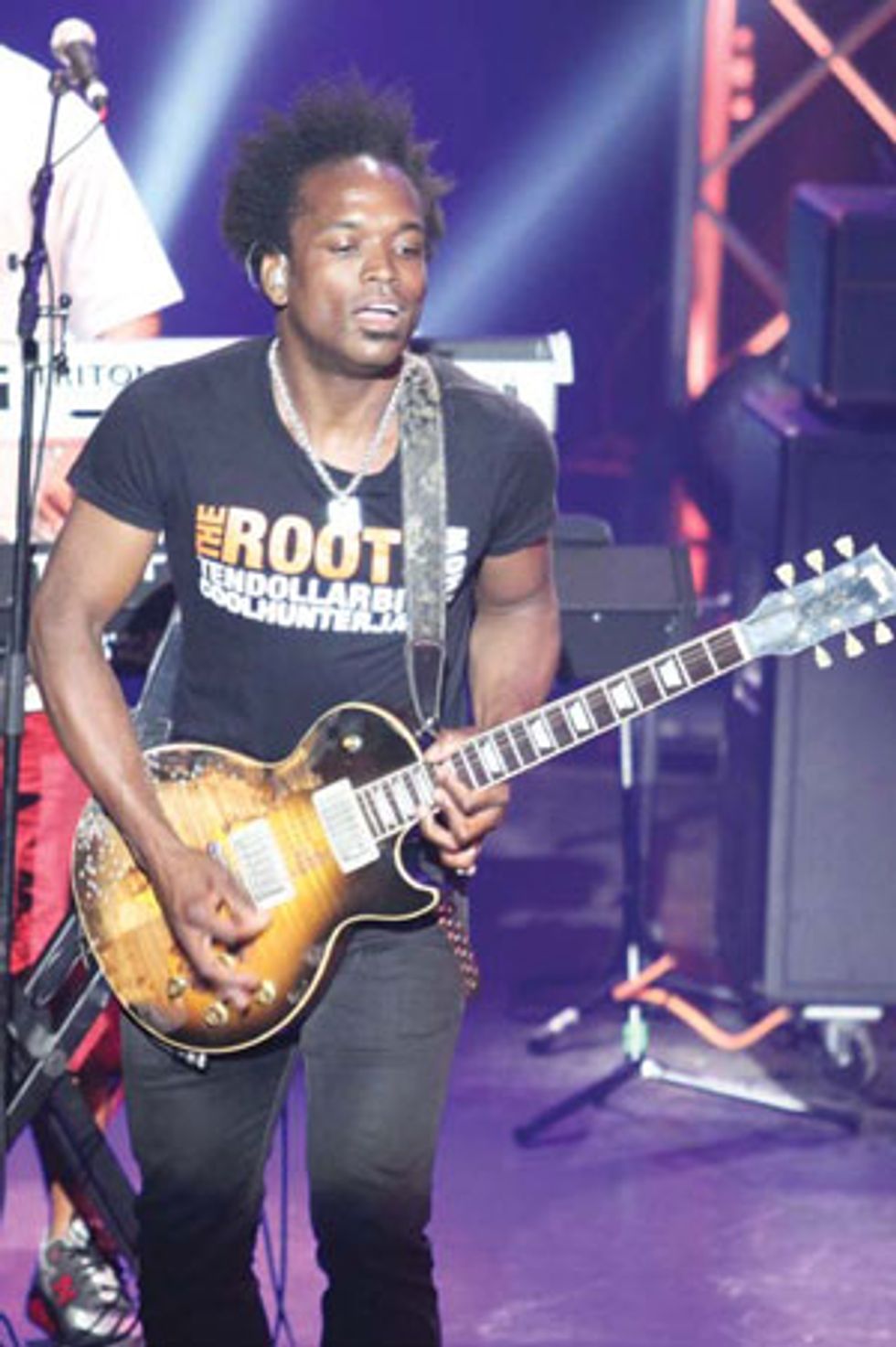 Captain Kirk plays his burned Les
Paul (signed by its namesake) with
the Roots at Montreal Jazz Fest 2011
(keyboardist James “Kamal”
Gray is in the background).
Photo by Rebecca Dirks
Captain Kirk plays his burned Les
Paul (signed by its namesake) with
the Roots at Montreal Jazz Fest 2011
(keyboardist James “Kamal”
Gray is in the background).
Photo by Rebecca DirksThe Roots’ founding members
Questlove and Black Thought have
formal music training. How about
you—would you say music theory has
a place in your playing, or are you
more of a gut-level player?
I’m definitely playing by instinct. In high
school, I gravitated toward jazz band. I
got into Prince, and there was a vacant
seat in the guitar position in the jazz
band. They asked if I’d play with them
and I accepted, but I would really play
mostly by ear. I guess I had that situation
when I was younger, too, when I
had formal training. I couldn’t help but
memorize the things I was learning to
sight-read. And that would just continue
by muscle memory and the combination
of how things felt and sounded. Of
course, theory plays a part when you’re
coming up and learning how scales
connect—majors and minors and the
modes—but I guess I sort of just modified
them for my usage.
Although Undun is a little bit different
for the Roots—it’s your first concept
album—what’s the songwriting process
usually like for you guys?
The way the Roots operates in the studio
and in a live format is completely different.
We stretch out more, live—we’re putting
on a show. The album is a more cerebral
experience. The studio itself is a member
of the band. We’ve gotten more collaborative
as a result of doing The Jimmy
Fallon Show, and that’s made us more of a
cohesive band and created an opportunity
for real-time interaction to make its way
onto the record. But still, at the end of the
day, to put together a cerebral experience
for the listener, the studio itself is more of
a member of the band.
So are you saying that being able to create
a vibe with various studio treatments
is just as important as the instrumentation?
For instance, Undun is very atmospheric,
with lots of piano and strings.
Yeah, I mean, it’s whatever suits the song.
The guitar is very sparse on this album, but
it’s the end product that’s most important—
there are so many other opportunities
for me to get my playing out.
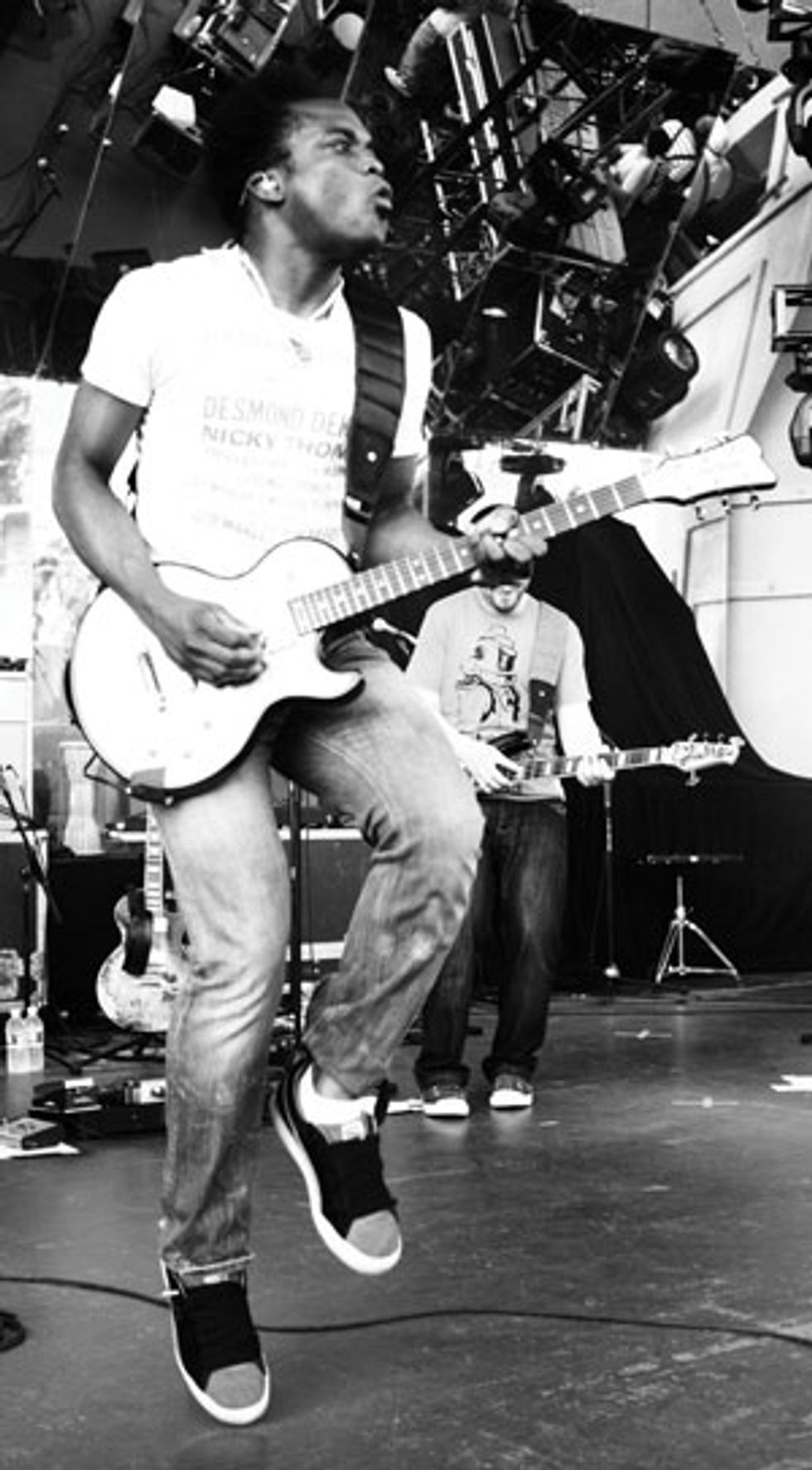 Captain Kirk, guitarist for
the Roots, says he likes to
wear Puma sneakers while
performing because they
make it easy to dial in killer
effects. Photo by Sol Allen
Captain Kirk, guitarist for
the Roots, says he likes to
wear Puma sneakers while
performing because they
make it easy to dial in killer
effects. Photo by Sol AllenThe Roots has a new bassist, Mark
Kelley, who has been onboard a few
months now. As far as writing guitar
and bass parts, what’s the dynamic like
between you two?
A large part of what the Roots is now
is being a house band for Fallon. The
time we spend onstage together, where
the audience pays to see the act the
Roots and the Roots alone, that’s sort
of the past. So when we do a show
where people are paying to see the
Roots only, that’s a very special evening.
But we’re writing all the time—every
time we go to commercial, that’s an
original composition.
What are those writing sessions like?
Well, for instance, right now Questlove
is sick, so he’s out from the Fallon show
for a week. So Frank Knuckles, our percussionist,
is writing the set. It’s a very
well-oiled machine, as far as coming up
with stuff at the drop of a hat. Because
the only intent is to take us in and out
of a commercial, we don’t feel like we
have to change the world with every
piece of music we write. But because that
pressure is lifted, you can come up with
some really cool stuff—because we all
want to make stuff that we enjoy playing.
By virtue of that, sometimes really
good stuff happens, and sometimes that
stuff also finds its way onto albums.
What’s it like to jam with so many
great musicians?
It’s fun. Work can definitely be a box of
chocolates. Yesterday, we were the backing
band for Hunter Hayes, a fantastic
guitarist/songwriter/multi-instrumentalist
who’s, like, 20 years old and a formidable
player. I only heard about him through the
show. I went on YouTube to check him out
and saw that he’s already played the Grand
Ole Opry, and he’s got a big hit that we
backed him on yesterday. But I only found
out about that from being in the Roots and
being on Jimmy Fallon. That sort of scenario
happens pretty regularly. You get to see
people’s fingers up close— all these people
like John McLaughlin. It really enriches
your musical experience.
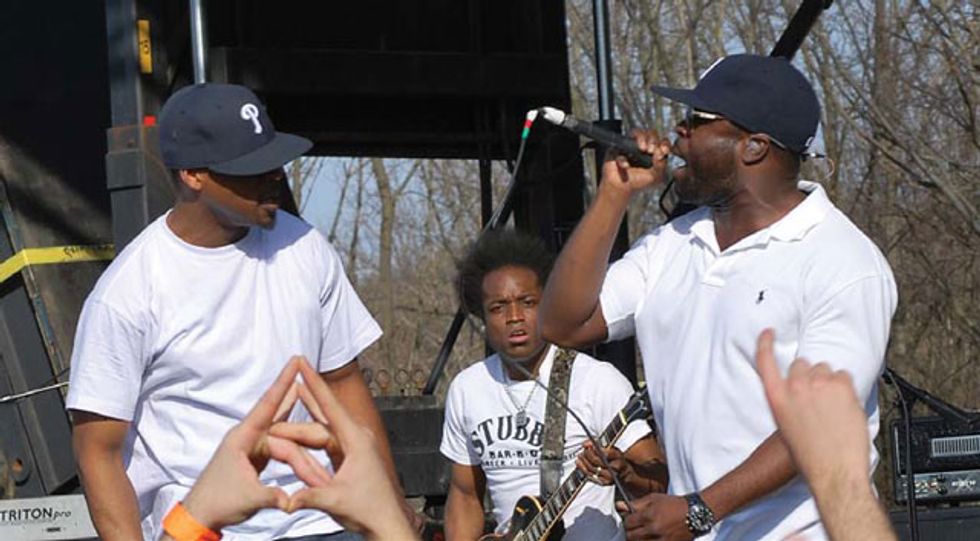 Percussionist
Frank Knuckles
and MC Black
Thought wax
while Captain
Kirk looks on.
Photo by
Tim Fortner
Percussionist
Frank Knuckles
and MC Black
Thought wax
while Captain
Kirk looks on.
Photo by
Tim FortnerWhat are some of your favorite performances
so far?
Springsteen, definitely. I get chills just
thinking about that. Playing “Late in the
Evening” with Paul Simon was magical.
We played with Tom Jones. We’ve played
with Jimmy Buffett, Todd Rundgren, Elvis
Costello. All of those had an element of
magic to them.
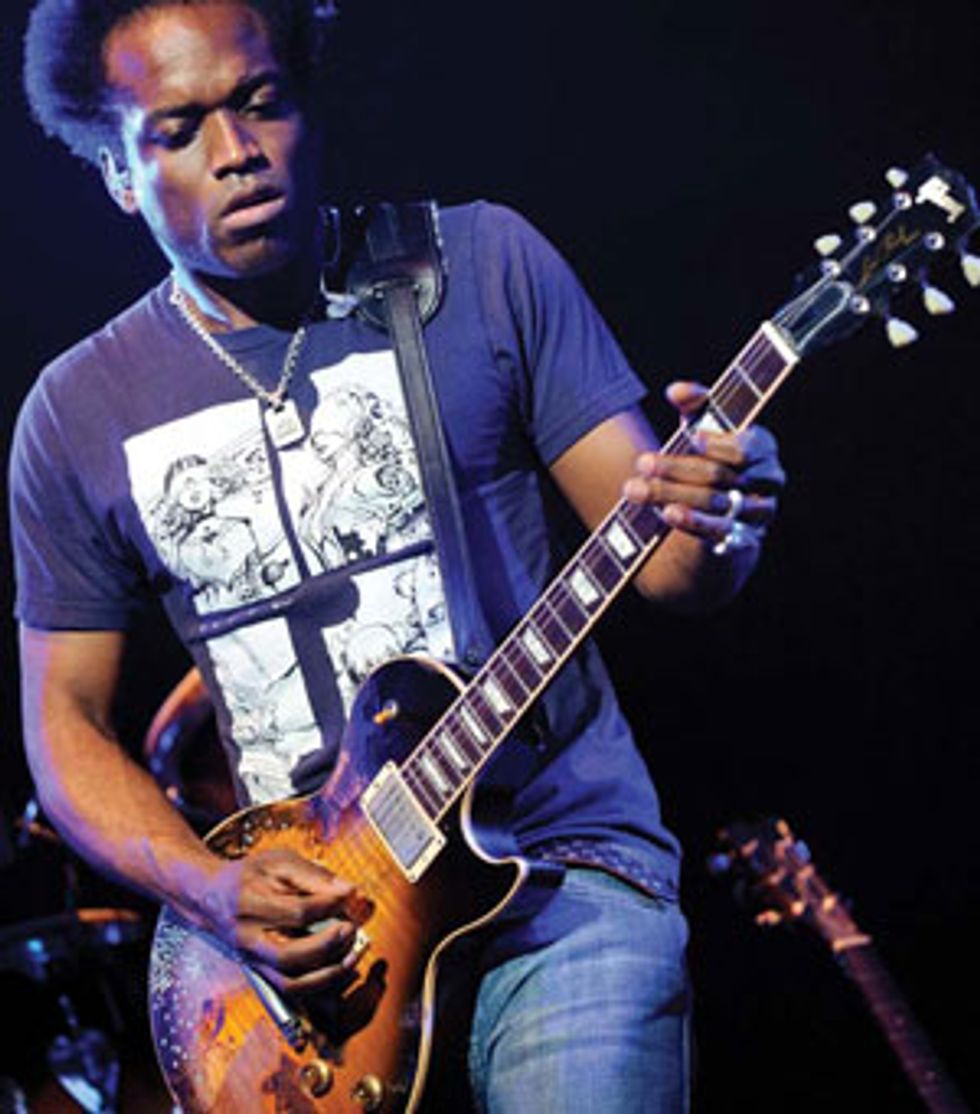 The Captain
makes his custom
Les Paul sing at
the Fox Theatre in
St. Louis. Photo
by Todd Owyoung
The Captain
makes his custom
Les Paul sing at
the Fox Theatre in
St. Louis. Photo
by Todd OwyoungWhich situations were the most surprising
or difficult?
We played a piece with Mos Def called
“Casa Bey” that was more complex than
what you would expect from a hip-hop
artist. When we collaborate with hiphop
artists, they tend to be repetitive,
loop-based things. But when we did this
with Mos Def, it was sort of a The Rite of
Spring-like arrangement. There were a lot
of parts, and we’re not reading when we’re
up there [on air], so you have to do a lot
of memorization. It’s a best-case scenario
to play things many times to get it in your
head and in your fingers, but sometimes
you don’t have that opportunity. So it
requires a lot of focus.
Let’s talk about your weapons of choice a
little bit.
With the Roots, I use Mesa/Boogie amplifiers.
They’re just very versatile, sort of like a
Swiss Army knife, but without getting into
the digital world—which I’m not opposed
to, but I just haven’t gotten around to it yet.
I like the feel of tubes, and I’ve just found
a situation that works for me and allows
me to worry about other things. My setup
is extremely basic: I use a Dunlop Jimi
Hendrix Wah, an Ibanez Tube Screamer, a
Line 6 DL4 Delay Modeler, and a Maxon
Phase Tone.
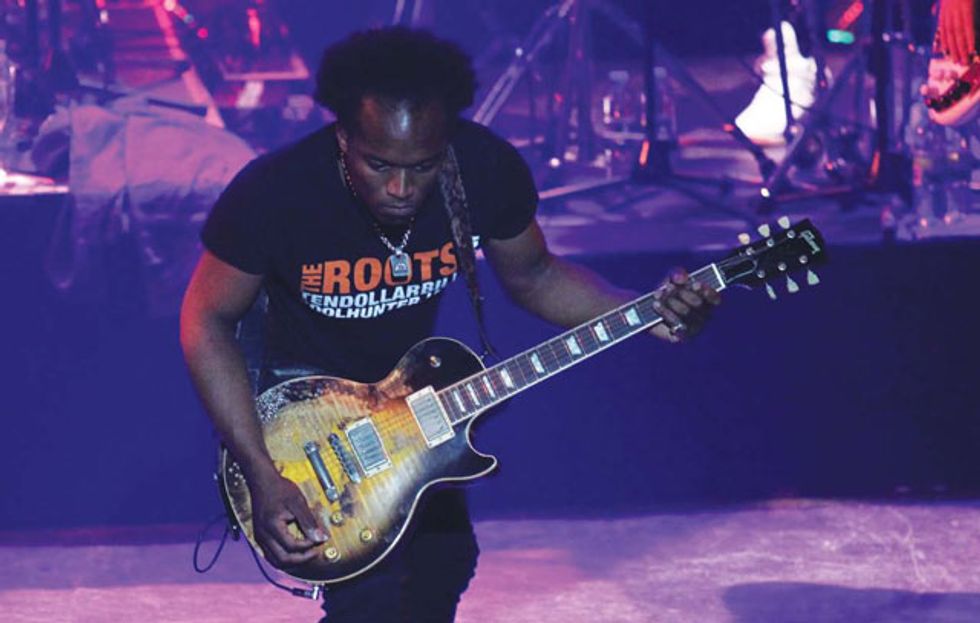 Yes, there is stomping in hip-hop. Douglas
puts his foot down at the 2011 Montreal
Jazz Fest. Photo by Rebecca Dirks
Yes, there is stomping in hip-hop. Douglas
puts his foot down at the 2011 Montreal
Jazz Fest. Photo by Rebecca DirksWhen I’m not playing with the Roots, I do a much more guitar-centric thing. I have a band called Hundred Watt Heart, and I use Divided by 13 amps with that. I really like the feel of just using one amp. With the Roots, I’m required to play clean a lot of the time, so I’ll use different channels. I’ll have my cabinets turned around, too, because a loud guitar is not favorable in a hip-hop band.
Although you guys have done a
“Machine Gun” cover that was pretty
guitar-intensive.
It totally has its moments in the show,
don’t get me wrong, but it’s not like going
to see the Mars Volta. That’s way more of
a guitar experience, where the guitar takes
up a lot more real estate in the bed of the
music. Because of that, I definitely have a
need to play music on my own that’s more
guitar-centric.
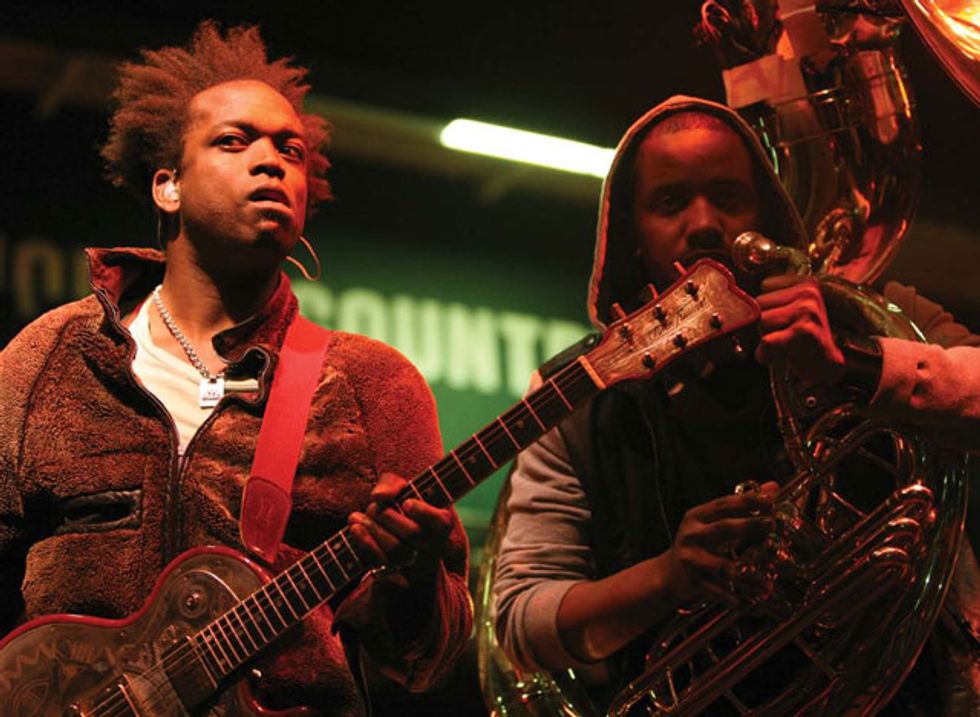 Douglas and Damon “Tuba Gooding
Jr.” Bryson catch a vibe during the
University of Vermont’s Springfest
2011. Photo by Jennifer Murtha
Douglas and Damon “Tuba Gooding
Jr.” Bryson catch a vibe during the
University of Vermont’s Springfest
2011. Photo by Jennifer MurthaI’ve watched some YouTube videos of
you playing 10-minute solos where
you accompany yourself vocally. Is that
something you do more on your own
or with the Roots?
It’s a cool effect—like an organic way
of playing through a talk box. I’ve done
that with the Roots mostly, but last
week I did my first gig in five years at
Brooklyn Bowl, and it was just me and
my band. I wound up having to do two
sets, because Questlove was supposed to
DJ later that night but he got sick. So we
had original music planned for the first
set, but when I realized we had to do
two sets I could either say, “Sorry, we’re
not prepared to do that,” or I could rise
to the occasion. That required us to do
some covers and a lot more jamming and
fleshing-out of things.
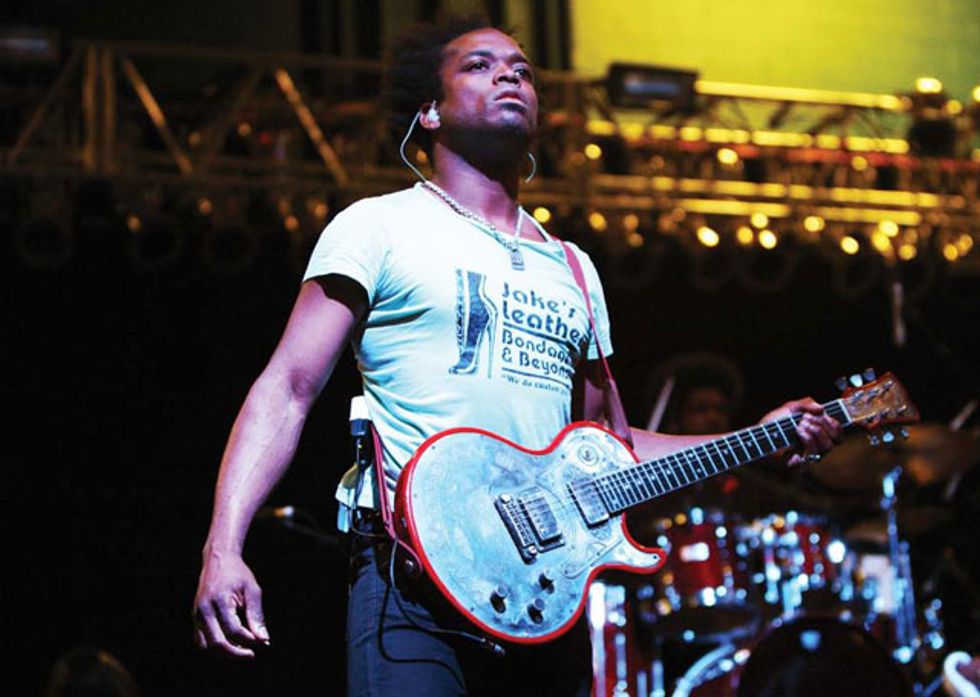 Captain Kirk takes
a moment to savor
the tone coming
from his Trussart
SteelTop. Photo by
Jennifer Murtha
Captain Kirk takes
a moment to savor
the tone coming
from his Trussart
SteelTop. Photo by
Jennifer MurthaI never thought I would be doing all of that scatting stuff that I learned from watching George Benson, but as far as stretching out and seeing where you can take the music, I found myself doing that and it felt really comfortable. But that’s something that I learned by playing with the Roots. “Here’s your guitar spot—do what you want with it.” I tried it one night just for the hell of it. A while later, Questlove said, “You know, you stopped doing that scatting thing. You should do that.” And I was like, “Oh, okay.” Sometimes just a little positive reinforcement can go a long way.
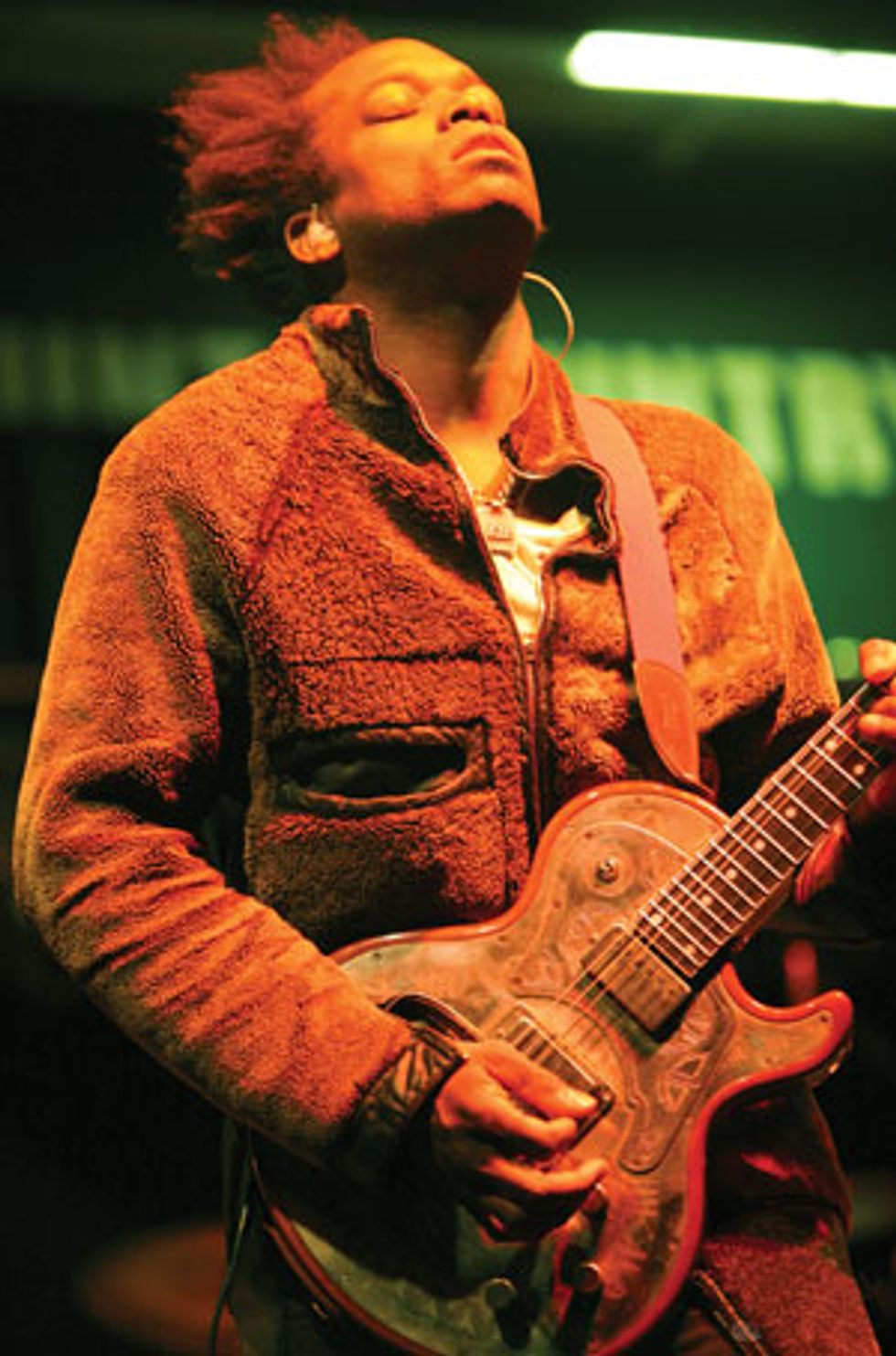 The Roots’ jazzy, improv vibe gives guitarist
Captain Kirk Douglas the space to solo and
scat in the vein of one of his influences,
George Benson. Photo by Jennifer Murtha
The Roots’ jazzy, improv vibe gives guitarist
Captain Kirk Douglas the space to solo and
scat in the vein of one of his influences,
George Benson. Photo by Jennifer MurthaGeorge Benson is featured in this issue
as well.
He sat in with us, too, and I told him,
“Y’know, I feel like I owe you a lot of money
for that scatting-and-playing thing I do—I
totally ripped that off from you.” And he’s
like, “Well, son, you better pay up then!”
Let’s go back to your guitars for a second.
Is the Gibson CS-356 your primary guitar?
I use that mostly with Fallon. I got that
guitar when I got that gig. My primary
guitar is a Les Paul that got burned during
a Heineken commercial. I use that one a lot
with the Roots when we go on tour.
And you had it signed by Les Paul, right?
Yep, it’s signed by Les Paul on the back.
But my main guitar is a white ’61
Epiphone Crestwood—that’s probably
what you saw on that Hendrix stuff. For
Hundred Watt Heart, that’s my favorite. It
just feels so good, and it’s got mini humbuckers
so the sound isn’t as thick. It’s not
like thick magic marker—it’s more like
crayon. When you’re using a distorted amp,
the Crestwood offers more string-to-string
clarity on complex chords.
Guitarists can typically be pretty closed minded about hip-hop—they tend to lump it all together in a very narrow niche and stereotype it as dominated by crappysounding drum machines or repetitiveness and inane rhyming. What do you have to say to players who might not have an open mind to your style of music?
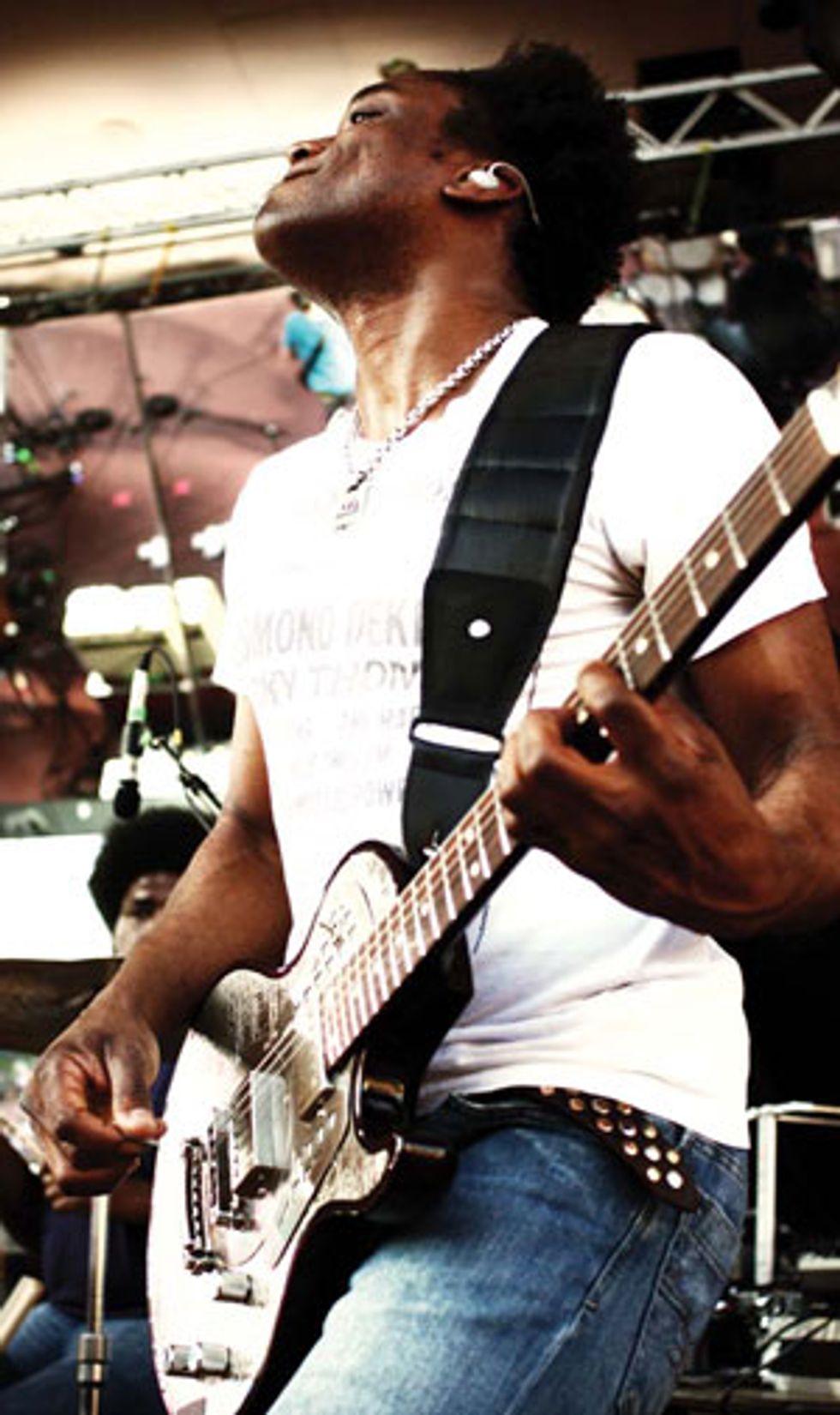 Captain Kirk playing
his Trussart SteelTop
at Mesa Amphitheatre,
Mesa, Arizona in 2008.
Photo by Sol Allen
Captain Kirk playing
his Trussart SteelTop
at Mesa Amphitheatre,
Mesa, Arizona in 2008.
Photo by Sol AllenWhen you’re looking at the roots of hip-hop, you’re looking back at James Brown—that’s like the original hip-hop. The dude was generally rapping a lot of the time. You could say the same for Dylan and a lot of his stuff. He’s storytelling— he’s rapping. Listen to, “It’s Alright, Ma (I’m Only Bleeding).” Listen to “The Big Payback.” That’s like rap before rap existed. So if you’re dismissive about hiphop, then you’re being just as dismissive to forefathers like James Brown, Johnny Cash, and Bob Dylan.
There’s a lot to learn from hip-hop, too, and I’m really grateful that the Roots saw a relevance in what I was doing and found a place for me in the band. Before I joined, I had cassette tapes with Stevie Wonder, James Brown, Sly and the Family Stone, and the Roots all on one tape. I saw a continuum from what all those people were doing to what the Roots were doing. The fact that we’re doing what we’re doing now and seeing this steady progression of exposure and success makes me feel I was right in seeing that.
Captain Kirk's Gear
Guitars
’61 Epiphone Crestwood,
various custom Les Pauls
(including a Jimmy Page prototype),
Gibson CS-356, ’69
Gibson SG Custom, James
Trussart SteelTop
Amps
Mesa/Boogie Stiletto Ace
(on Late Night with Jimmy
Fallon), Mesa/Boogie Lonestar
Special (with John Legend),
Divided by 13 amps (for
Hundred Watt Heart)
Effects
Ibanez TS9 Tube Screamer, Durham Electronics
Sex Drive, Maxon PT999 Phase Tone, Empress
Tremolo, Line 6 DL4 Delay Modeler, Dunlop
Jimi Hendrix wah, original MXR Phase 45, Boss
TU-2 Chromatic Tuner
Youtube It
Watch “Captain” Kirk Douglas unleash seriously soulful tones in these high-octane live performances.
This clip showcases Douglas’ screaming, Hendrix-style chops.
This particularly bluesy groove sees Douglas backing Robertson on
guitar (with some shine from Robert Randolph) and adding impressive
vocal harmony to a song from Robertson’s How to Become Clairvoyant.
Captain Kirk shows his edgy side to vocalist Estelle with a calland-
response breakdown, even wrapping his, er, guitar around her.
With a huge nod to George Benson, Douglas scats along to his own
versatile picking.



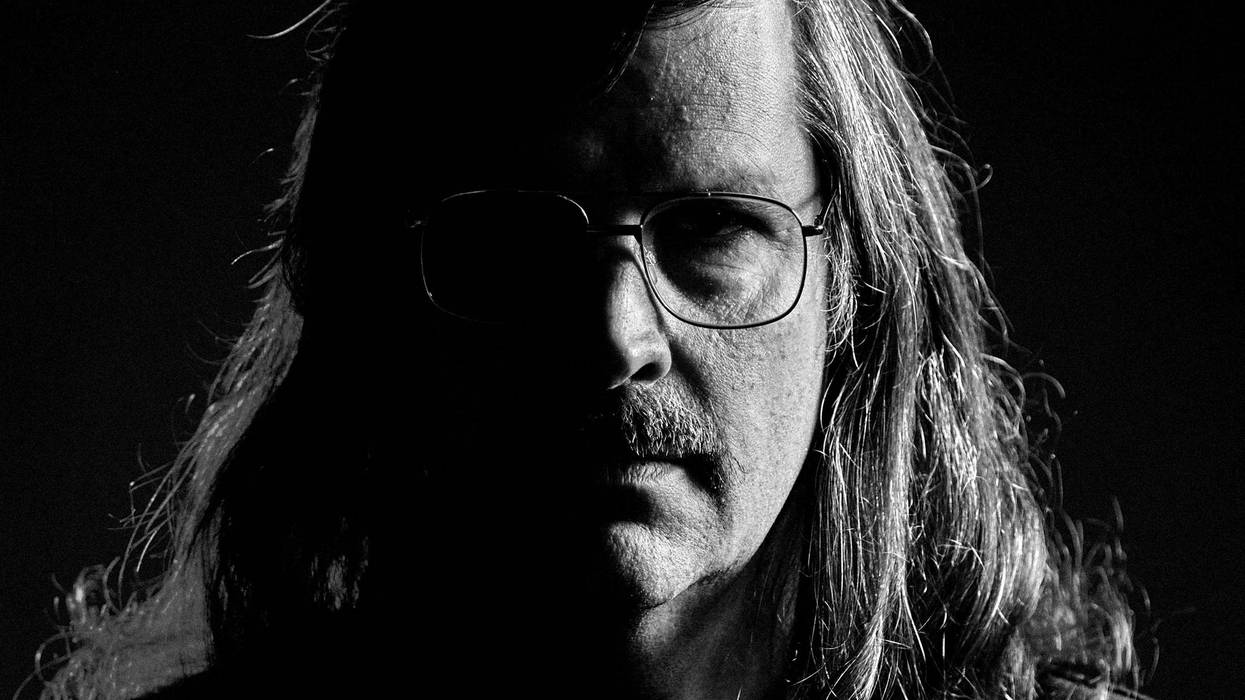
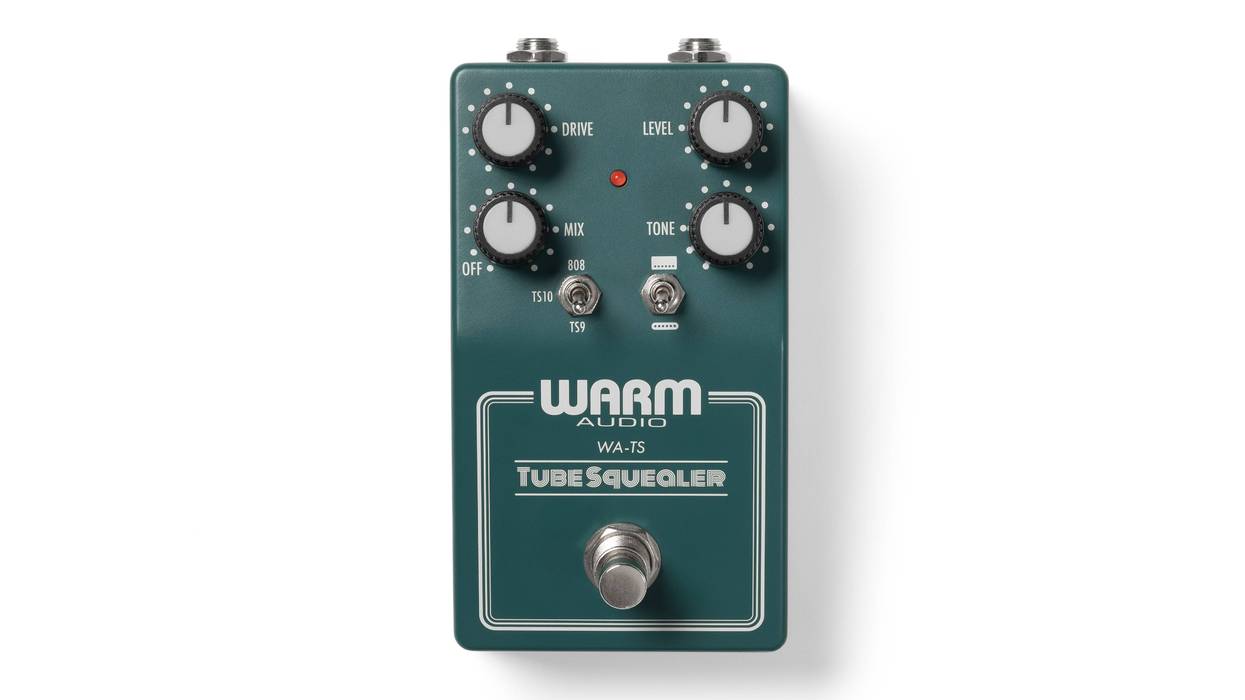
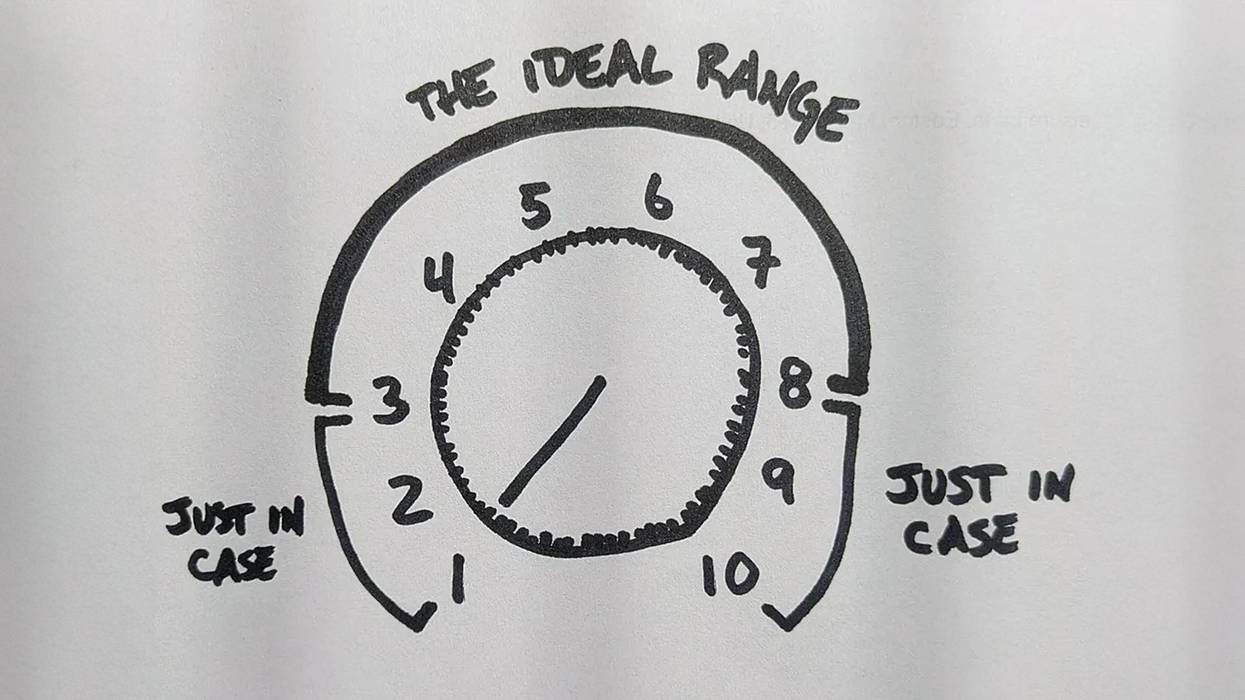
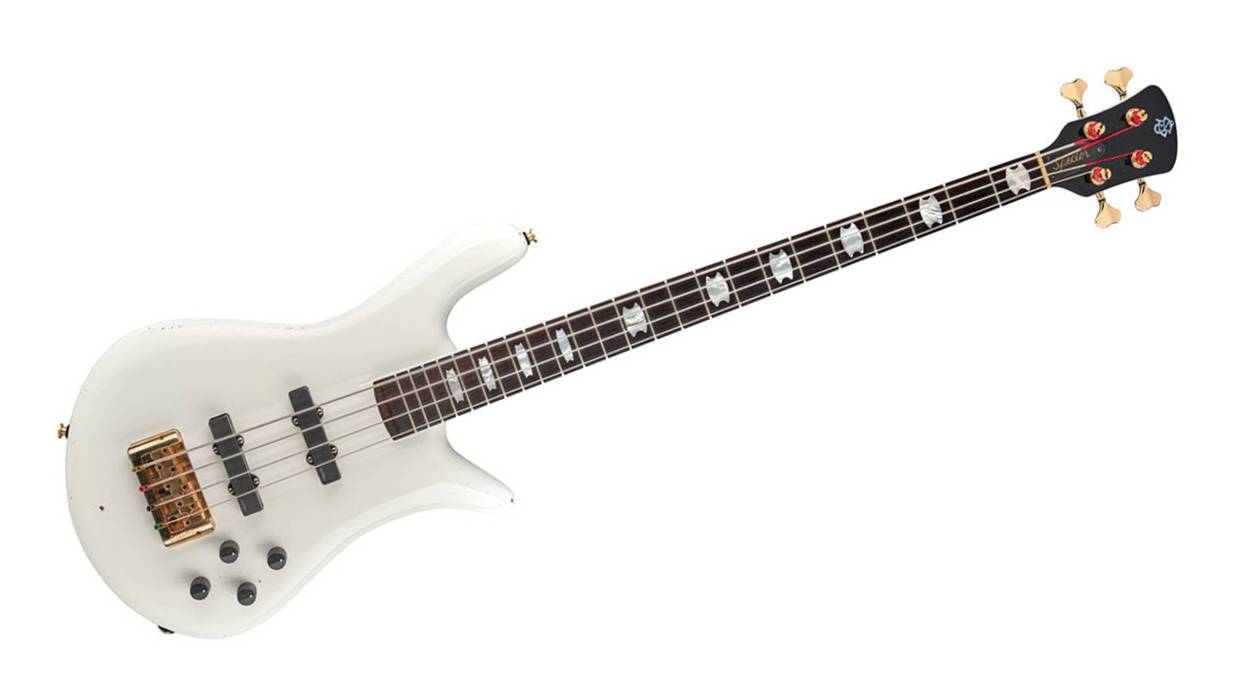



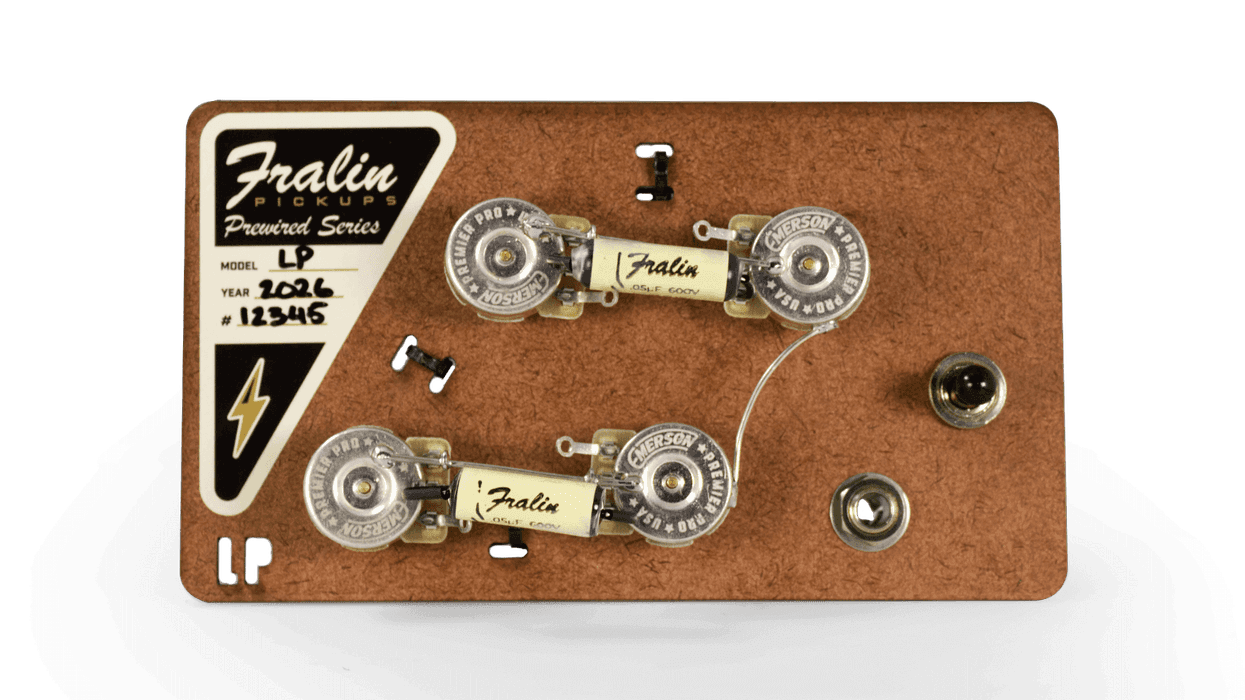


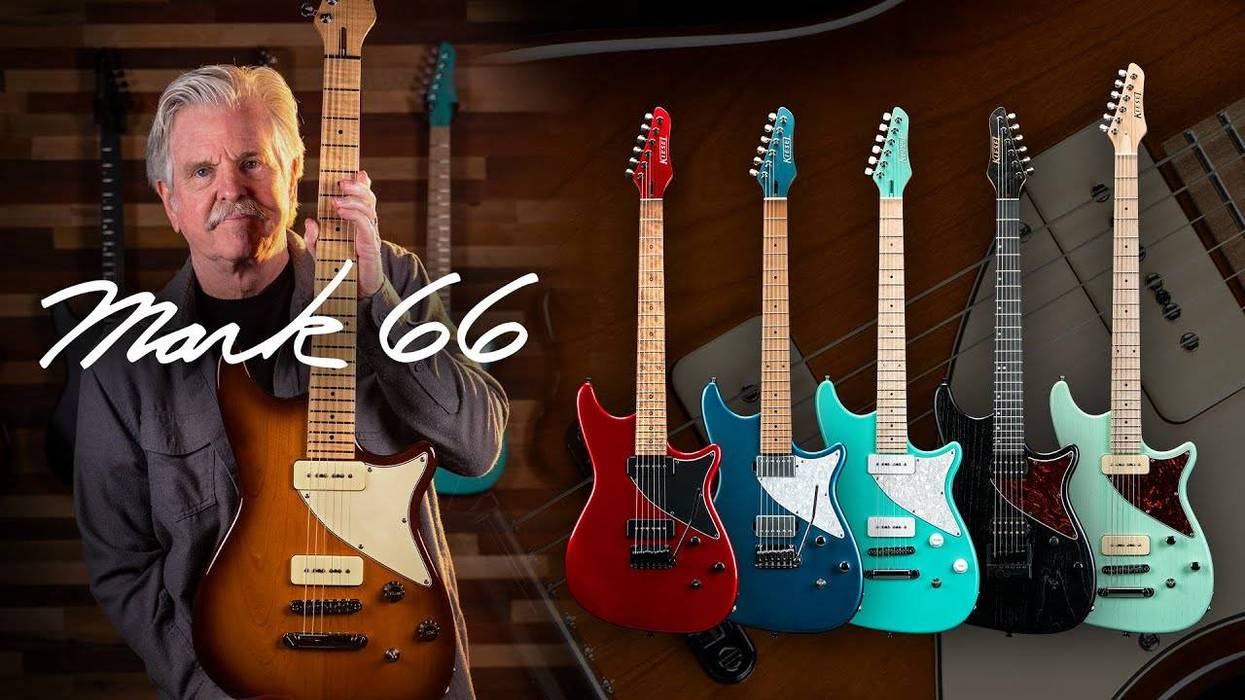





![Rig Rundown: Russian Circles’ Mike Sullivan [2025]](https://www.premierguitar.com/media-library/youtube.jpg?id=62303631&width=1245&height=700&quality=70&coordinates=0%2C0%2C0%2C0)






